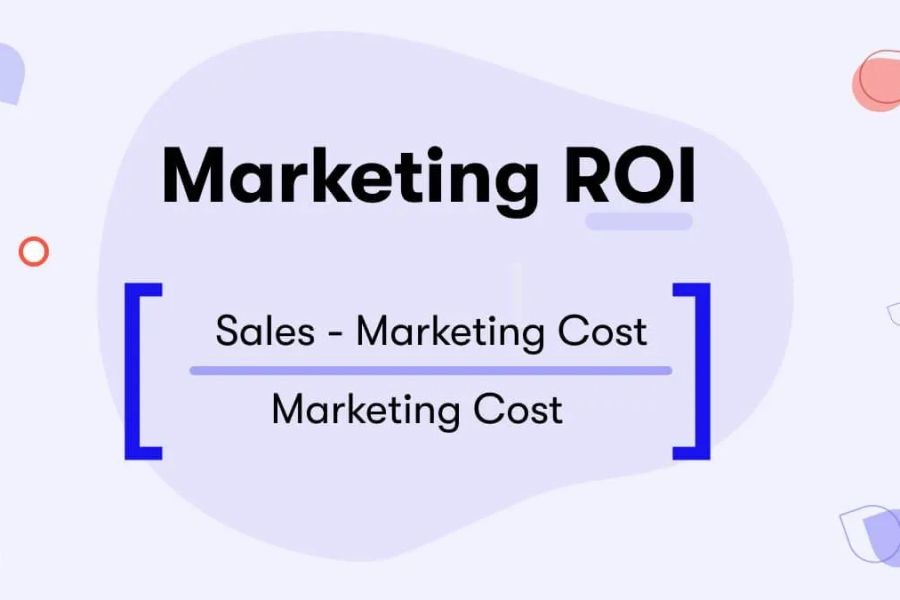Small businesses in Australia are the backbone of the economy, yet many are unknowingly overpaying taxes, which can stifle growth and innovation. This issue is not just a minor hiccup; it’s a widespread problem that impacts the financial health of these enterprises. According to the Australian Taxation Office (ATO), many small businesses are not claiming all the deductions they are entitled to, leading to unnecessary tax burdens. In this article, we delve into the reasons why small businesses are overpaying taxes, the economic implications, and how they can rectify this situation.
Understanding the Tax Burden on Small Businesses
Small businesses in Australia contribute significantly to the economy, accounting for about 98% of all Australian businesses and employing over 4.7 million people. However, the complexity of the tax system often leaves these businesses vulnerable to overpayment. A report from the Australian Bureau of Statistics (ABS) indicates that many small business owners lack the necessary understanding of tax laws, leading to errors in tax filings.
The Complexity of Tax Regulations
Australia's tax regulations are intricate, with numerous deductions and credits available that many small business owners are unaware of. A study by CPA Australia found that 45% of small business owners do not fully understand which expenses qualify as tax-deductible. This lack of knowledge results in missed opportunities to reduce taxable income.
Common Areas of Overpayment
- Unclaimed Deductions: Many businesses fail to claim all eligible deductions, such as home office expenses, vehicle costs, and professional development courses.
- Incorrect GST Reporting: Errors in GST calculations can lead to overpayments, especially for businesses that deal with mixed supplies.
- Inaccurate Record Keeping: Poor documentation can result in missed deductions and incorrect tax filings.
Economic Implications of Overpaying Taxes
Overpaying taxes can significantly impact a small business's cash flow, limiting its ability to invest in growth opportunities. According to a survey by the Reserve Bank of Australia (RBA), cash flow constraints are a leading cause of business failure in the country. Excessive tax payments exacerbate these constraints, reducing the funds available for expansion, hiring, and innovation.
Real-World Case Studies
Case Study: Tech Startup Overcomes Tax Hurdles
Problem: A Melbourne-based tech startup struggled with cash flow issues due to high tax payments, which they later discovered were the result of unclaimed deductions.
Action: The company engaged a tax consultant to review their financials, uncovering missed deductions related to R&D tax incentives and equipment depreciation.
Result: After rectifying their tax filings, the startup saved $50,000 annually, which they reinvested into product development and marketing.
Takeaway: Leveraging expert tax advice can uncover significant savings and improve cash flow for reinvestment.
Case Study: Retail Business Streamlines GST Processes
Problem: A Sydney-based retail business was overpaying GST due to errors in categorizing taxable and non-taxable supplies.
Action: The business implemented a robust accounting software that automated GST calculations and categorization.
Result: The software reduced GST overpayments by 20%, freeing up capital for inventory expansion.
Takeaway: Investing in technology can streamline tax processes and prevent costly errors.
Tackling the Issue: Strategies for Small Businesses
Engage Professional Help
Small business owners should consider hiring tax professionals who understand the nuances of Australian tax laws. Accountants and tax advisors can provide guidance on available deductions and ensure accurate tax filings.
Utilize Technology for Tax Management
Modern accounting software can help small businesses manage their finances more effectively, reducing the risk of errors in tax filings. Tools like Xero and MYOB offer features that automate deductions and GST calculations.
Regularly Update Financial Knowledge
Staying informed about changes in tax regulations is crucial. Business owners should participate in workshops, webinars, and courses offered by industry bodies like CPA Australia to remain updated on tax laws.
Common Myths & Mistakes in Small Business Taxation
- Myth: "All business expenses are tax-deductible." Reality: Only expenses incurred in generating assessable income are deductible. Personal expenses mixed with business expenses can lead to audits and penalties.
- Myth: "Using cash transactions avoids tax reporting." Reality: The ATO has sophisticated tools to track cash transactions, and underreporting can lead to significant fines.
- Myth: "You can’t claim a home office if you have a separate business premise." Reality: If you work from home regularly, you may still claim home office expenses related to that work.
The Future of Small Business Taxation in Australia
The Australian government is continuously working to simplify the tax system for small businesses. By 2025, the ATO plans to implement more streamlined processes for deduction claims and GST reporting, leveraging technology to reduce errors and improve compliance. Small businesses that adapt to these changes and utilize available resources will be better positioned to minimize their tax burdens and enhance profitability.
Conclusion: Taking Action to Optimize Tax Payments
Overpaying taxes is a significant issue for small businesses in Australia, but it is preventable. By engaging professional help, utilizing technology, and staying informed about tax laws, small businesses can optimize their tax payments and improve their financial health. What's your take on this issue? Share your insights below!
People Also Ask (FAQ)
- How does overpaying taxes impact small businesses in Australia? Overpaying taxes reduces cash flow, limiting investment in growth opportunities and potentially leading to business failure.
- What are the biggest misconceptions about tax deductions for small businesses? Many believe all business expenses are deductible, but only those directly related to generating income qualify.
- What strategies can small businesses use to reduce their tax burden? Engaging tax professionals, using accounting software, and staying informed about tax changes are effective strategies.
- What upcoming changes in Australia could affect small business taxation? By 2025, the ATO plans to simplify deduction claims and GST reporting, leveraging technology for improved compliance.
- Who benefits the most from optimized tax payments? Small businesses, startups, and entrepreneurs benefit by improving cash flow and reinvesting savings into growth.
Related Search Queries
- tax deductions for small businesses in Australia
- how to reduce tax liability for small businesses
- common tax mistakes for Australian businesses
- GST reporting for small businesses
- ATO small business tax tips
- best accounting software for small businesses in Australia
- tax professionals for small businesses
- small business tax savings strategies































